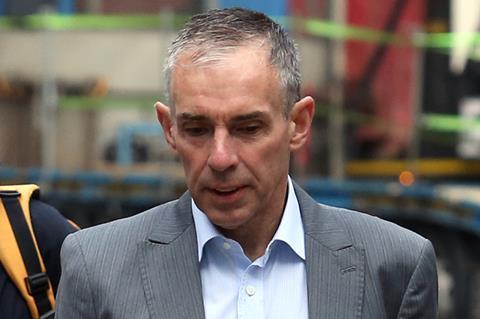The Serious Fraud Office has been granted its first unexplained wealth order to recover a £1.5m Lake District property owned by the ex-wife of convicted solicitor Timothy Schools.
Schools was sentenced to 14 years in 2022 for his role in a fraudulent scheme in which investors lost an estimated £100m. The property is believed to have been bought with the proceeds of fraud.
The SFO secured an order, following a hearing at the Royal Courts of Justice before Mr Justice Pepperall, to freeze the property to ensure that is it is sold, the proceeds are secured.
Claire Schools, Schools’ ex-wife, has been ordered to produce information about how the property was purchased within 28 days. The SFO can use the information she provides to bring a case to seize the house at a later date.

The order, the first to be used by the SFO since unexplained wealth orders were introduced came into force in 2018, follows an order by Southwark Crown Court earlier this month that Schools pay back more than £1m in criminal assets or face an additional five years in prison.
Read more
Nick Ephgrave, SFO director, said: ‘This is a milestone case for the SFO and follows on from last week’s successful £1 million recovery to go back to the victims in this case. Wherever criminal assets have been hidden or dispersed, we will progress our investigations with determination and explore new methods to recover funds for victims and the public purse.’
Unexplained wealth orders require individuals or organisations to explain how they obtained a property. If there is a failure to respond to the order without reasonable excuse, the property will be presumed to be recoverable in civil asset recovery proceedings.
Timothy Schools was convicted of fraud alongside his business partner David Kennedy, after promising investors a secure return by offering loans to UK law firms that were pursuing no win, no fee cases. Hundreds of people were left out of pocket. The Cayman Islands-registered Axiom Legal Financing Fund, purportedly set up to lend money to firms, collapsed in 2012, affecting an estimated 35,000 clients whose cases depended on this finance.


























